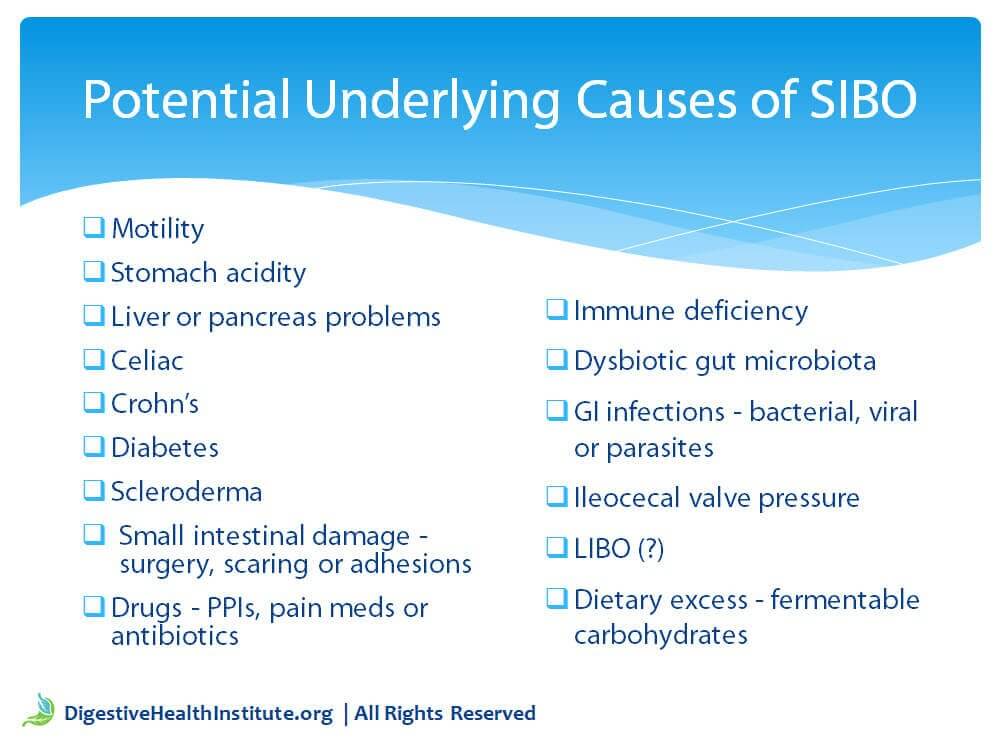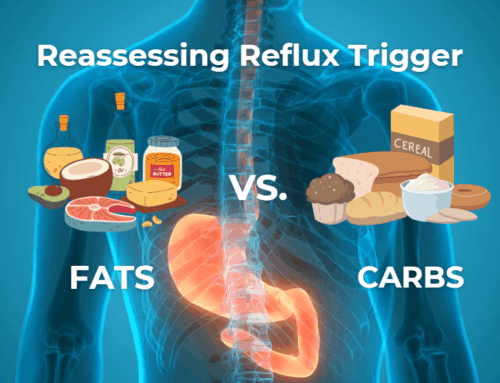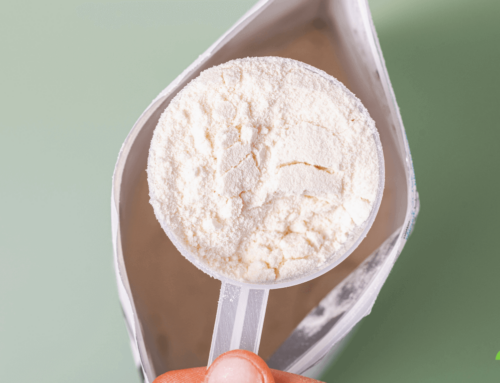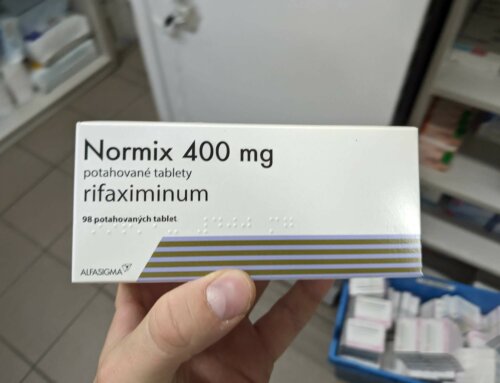I had an opportunity to connect with Josh Sabourin, the publisher of SIBO Survivor to discuss the options for treating SIBO (small intestinal bacterial overgrowth) and IBS (irritable bowel syndrome) in people who:
- Can’t tolerate antibiotics
- Fail to get better on antibiotics
- Just choose not to take them
NOTE: Refer to the end of this page if you are not familiar with SIBO.
Even though antibiotics are commonly prescribed (mostly off label) for SIBO and many people don’t think you can address it without them, there is an active debate about whether antibiotics represent the best first-line approach and what role should diet and other holistic approaches play.
Here are some of the questions we address:
- If you don’t want to use antibiotics, what are the options?
- Is it just diet or are there other requirements?
- Is it even possible to treat SIBO with antibiotics long term if you do not change a diet, adopt pro-digestion behaviors and address the underlying causes?
Watch the video for 3 steps you can take to address SIBO and related issues without drugs or antibiotics
Take home messages:
- Science-based diets (Fast Tract Diet is discussed in this video) should be the first-line therapy for SIBO and related conditions before antibiotics.
- It’s critical to identify and address underlying causes that are specific to you, and this should be part of the process. There are many underlying causes, and this is an active area of research. Refer to the graphic below for some examples.
- You may need help in identifying the relevant underlying causes in your case so that they may be addressed.
NOTE:
Small intestinal bacterial overgrowth is a condition where too many bacteria are present in the small intestine where they ferment carbohydrates and produce acids, enzymes, toxins and gases that result in a variety of challenging symptoms and also damage our villi and microvilli needed for healthy digestion. Unfortunately, SIBO is linked to a wide variety of digestive and other health issues including:
- IBS
- Acid Reflux, GERD
- Fibromyalgia
- Chronic fatigue syndrome
- Rosacea
- Autoimmune conditions
- Interstitial cystitis
- Celiac disease
- Crohn’s
- Pancreatitis
- Sjögren’s syndrome
- Cystic fibrosis, and more








All of my dagnosed maor GI illnesses, colitis,ulcerative colitis, pancolitis, toxic colitis, crohn’s, were triggered by the use of antibiotics and most recently and damaging, a single dose of Fluconazole. I have folowed the Fast Tract Diet to some extent for several years and am now switching to using it strictly. SIBO and other digestive disorders may be safely treated and overcome by diet alone.
Over the past few years I managed to overcome a severe C. Diff infection with diet and supplements alone. SIBO and related GI disorders are no exception. In the 1980s I completely recovered from antibiotic induced colitis using diet, no drugs of any kind. The massive doses of antibiotics were given to treat spinal meningitis.
I did well with gluten free and SCD diet. However, the SCD had problems. In re-reading what Norm wrote about resistant starches, they may be the weak point of the SCD diet; it advocates the use of high amylose foods, eliminating all grains, including wheat, barley, corn, rice, buckwheat, mllet, triticale, bulgar.
I had other issues with the SCD diet also; the focus was much on gluten. There was little emphasis on howthe way gluten containing foods are cooked can affect their digestion.
Since the book on SCD was written, more is known about gluten. The way gluten containng foods are cooked, may be the problem, not gluten alone. Also, much more is understood now about resistant starches than at the time to book was written (1984).
The Fast Tract Diet will need to be updated continually as new information becomes available. There is no final word on the issue of diet and digestive health. The greatest weakness of the SCD is it demanded strict adherence as in folowing a religious doctrine, It became less scientifically sound as new research was not incorporated into the diet regimen. kI hope that doesn’t happen with the Fast Tract Diet.
Thanks for your comments Zoe. We are doing our best to continue to update the Fast Tract Diet including an updated version of the Fast Tract Diet mobile app.